Public Service Notebook: Here are four public service updates you need to know.
Get the latest from Catherine Morrison straight to your inbox
Published Jan 04, 2025 • Last updated 0 minutes ago • 5 minute read
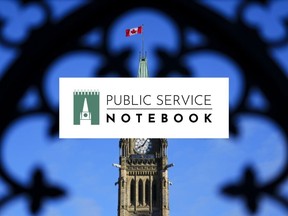
From disappointment with Canada’s new border plan to government programs failing to meet service standards, here are four public service updates you need to know.
- Just over half of “high-volume” government services met the standard last year
- PSAC says public service cuts will “hurt families” across the country
- Federal union disappointed with Canada’s new border plan
- Dental plan changes were made “without the sign off of bargaining agents,” union says
Advertisement 2
THIS CONTENT IS RESERVED FOR SUBSCRIBERS ONLY
Subscribe now to read the latest news in your city and across Canada.
- Exclusive articles from Elizabeth Payne, David Pugliese, Andrew Duffy, Bruce Deachman and others. Plus, food reviews and event listings in the weekly newsletter, Ottawa, Out of Office.
- Unlimited online access to Ottawa Citizen and 15 news sites with one account.
- Ottawa Citizen ePaper, an electronic replica of the print edition to view on any device, share and comment on.
- Daily puzzles, including the New York Times Crossword.
- Support local journalism.
SUBSCRIBE TO UNLOCK MORE ARTICLES
Subscribe now to read the latest news in your city and across Canada.
- Exclusive articles from Elizabeth Payne, David Pugliese, Andrew Duffy, Bruce Deachman and others. Plus, food reviews and event listings in the weekly newsletter, Ottawa, Out of Office.
- Unlimited online access to Ottawa Citizen and 15 news sites with one account.
- Ottawa Citizen ePaper, an electronic replica of the print edition to view on any device, share and comment on.
- Daily puzzles, including the New York Times Crossword.
- Support local journalism.
REGISTER / SIGN IN TO UNLOCK MORE ARTICLES
Create an account or sign in to continue with your reading experience.
- Access articles from across Canada with one account.
- Share your thoughts and join the conversation in the comments.
- Enjoy additional articles per month.
- Get email updates from your favourite authors.
THIS ARTICLE IS FREE TO READ REGISTER TO UNLOCK.
Create an account or sign in to continue with your reading experience.
- Access articles from across Canada with one account
- Share your thoughts and join the conversation in the comments
- Enjoy additional articles per month
- Get email updates from your favourite authors
Sign In or Create an Account
or
Article content

1. Just over half of “high-volume” government services met the standard last year

Only 55 per cent of “high-volume” services provided by the federal government met service standards in 2023-24, according to data in the Treasury Board of Canada Secretariat’s latest departmental results report.
According to the report, that number is up from 40 per cent in 2022-23 and 46 per cent in 2021-22, but is still far below the target of at least 80 per cent.
Ada Bayli, a spokesperson for the Treasury Board of Canada Secretariat, said in an email that the COVID-19 pandemic “significantly disrupted service delivery and posed challenges for several departments.
“As departments continue to recover from the impacts of the pandemic, TBS anticipates that the percentage of high-volume government services that meet service standards will gradually increase,” Bayli said.
There were 25 high-volume services covered in the report, defined as those with “45,000 or more transactions a year across all channels.” Departments are required to set service standards and report on how often they’re able to meet them.
Advertisement 3
Article content
The report said TBS will “continue to help departments improve service delivery by offering quarterly workshops and by facilitating access to experts.”
Bayli said TBS is also exploring which IT investments could “accelerate the decommissioning of legacy technology” to support better service delivery.
“In the coming year, the government will build on its successes and focus on addressing challenges such as technical debt and IT recruitment to continuously improve service delivery to Canadians,” Bayli said.

2. PSAC says public service cuts will “hurt families” across the country

Two days before Christmas, the Public Service Alliance of Canada (PSAC) released a statement expressing its concern with the government’s refocusing spending plan, arguing that its members and their families have been left “in limbo.”
The federal government has been looking for ways to tighten its budget and curb the size of the public service, which has swelled in recent years. In November, the union said the government has signalled it would be widening potential ways to reduce its spending. Previously, the government had said it would reach a 5,000-person reduction in the public service mainly through attrition. PSAC, which is Canada’s largest federal public sector union, said the government was now “opening the door for departments to slash permanent employees” through layoffs.
Advertisement 4
Article content
The jobs of term and casual employees were also on the table, the union said.
While the Treasury Board has said it has encouraged departments to focus on finding savings without layoffs, it hasn’t ruled them out, and has refused to release any information about where cuts will be made. The Treasury Board has said that details will only be made public in June 2025.
PSAC says the delay has left members and their families unsure of which programs will be cut and “wondering if they’ll have jobs next summer, unable to plan their lives or meet their financial obligations.” The union said it was unclear how many employees would be affected or how widespread the cuts would be.
“The government’s measures to reduce term employment are another example of how they are failing to respect workers and their contributions to Canada,” PSAC said in a news release, adding that the government has failed to consult with unions or workers about changes since 2022. “The government’s lack of transparency is troubling.”
Instead of making cuts to the public service, PSAC said the government should tackle outsourcing and “take advantage of the savings remote work offers.”
Advertisement 5
Article content

3. Federal union disappointed with Canada’s new border plan

The federal union representing border officers is disappointed with Canada’s new border plan, arguing that it lacks “meaningful change.”
The Customs and Immigration Union (CIU) said in a news release that the new plan failed to include “a meaningful expansion of the duties of border officers that would allow them to act at and between ports of entry,” something the union was calling for in the weeks leading up to the announcement.
“By failing to further engage border officers on that front, the federal government misses a rare opportunity to modernize Canada’s border infrastructure — at negligible expense — in a way that prioritizes what ought to be at the centre of its border security strategy: Reliance on trained, specialized border personnel,” the union said, adding that CBSA officers are currently barred from patrolling between ports of entry to help the RCMP. “Rather, it seems content to let provincial forces encroach on the federal sphere.”
The union said it was also disappointed the new plan didn’t include a category on staffing, arguing that “investments in RCMP drones and helicopters only go so far.” It said that new resources to enhance the CBSA’s training capacity were also missing and that new facilities were “desperately needed.”
Advertisement 6
Article content
“Ultimately, while not surprising, it is disappointing that the government has opted once more not to consult the union or its frontline border personnel — those who, every day, act as the country’s first line of defence — in drawing up its new border plan,” the union said.
4. Dental plan changes were made “without the sign off of bargaining agents,” union says

Changes to the Public Service Dental Care Plan, including new benefits and some lost services, took effect on Jan. 1. While the Professional Institute of the Public Service of Canada (PIPSC) said it welcomed the changes and thanked the Treasury Board for its “receptiveness to bring in some major improvement,” the union said it was “disappointed to see they continue to treat this plan as an afterthought and imposed a plan without the sign off of Bargaining Agents.”
The union said enhancements outlined in the plan were the “result of sustained advocacy led by PIPSC with our partners from other federal unions.”
“The major changes speak to the importance of union representation in ensuring fair and meaningful improvements for our members,” the union said. “We are encouraged by these developments and recognize the positive impact they will have on dental care access and affordability for public servants, but disappointed in how the process was managed.”
Advertisement 7
Article content
The Public Service Dental Care Plan has five different components, with one component for members of the PSAC and one for other departments and eligible agencies (NJC Plan). Others include Canadian Forces members, the RCMP and the Canadian Forces Reserves.
PIPSC said the Treasury Board “regards the NJC dental care plan as a secondary matter to the PSAC plan” noting that the latter is done through negotiation rather than consultation.
“As we move forward, PIPSC and the NJC will continue to monitor the implementation of the new plan and hold the Treasury Board accountable for its responsibilities to public service employees,” PIPSC said.
Recommended from Editorial
-

Public servants continue to struggle with Phoenix issues as government promises new pay system
-

Number of casual federal public servants plummets by 25 per cent
Article content
.png)
 2 days ago
11
2 days ago
11




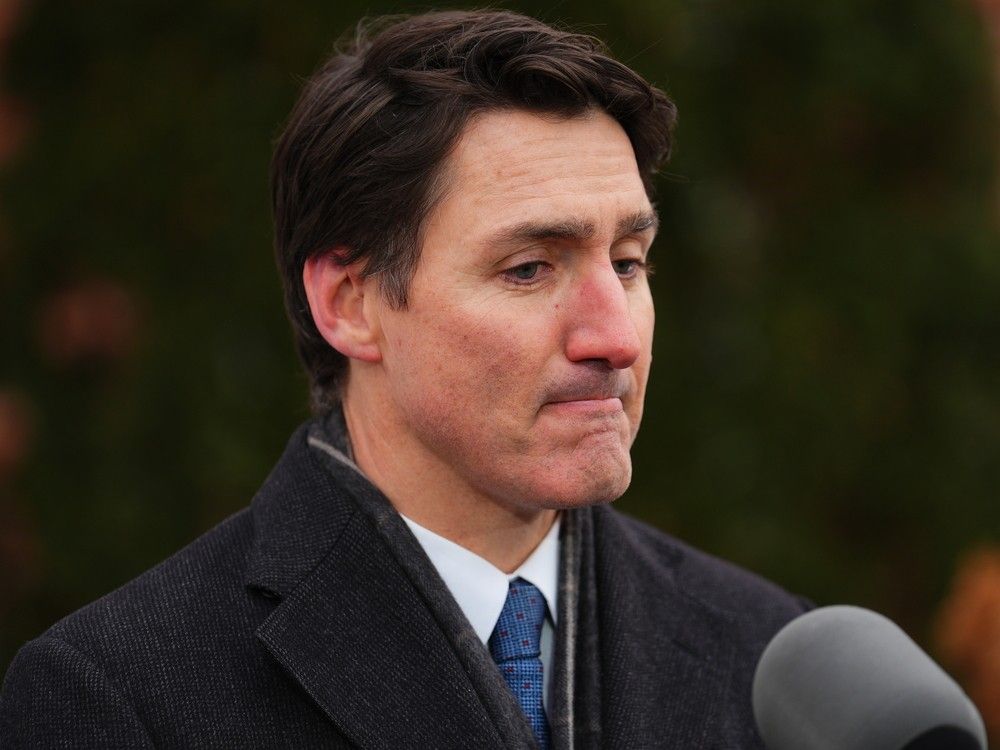

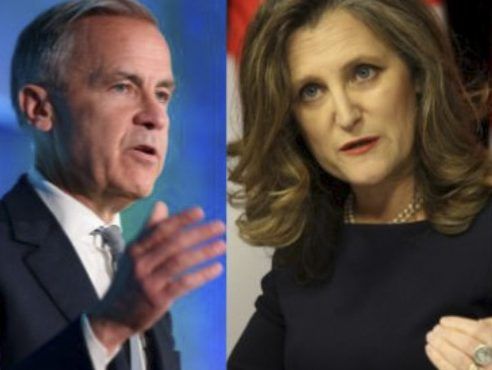


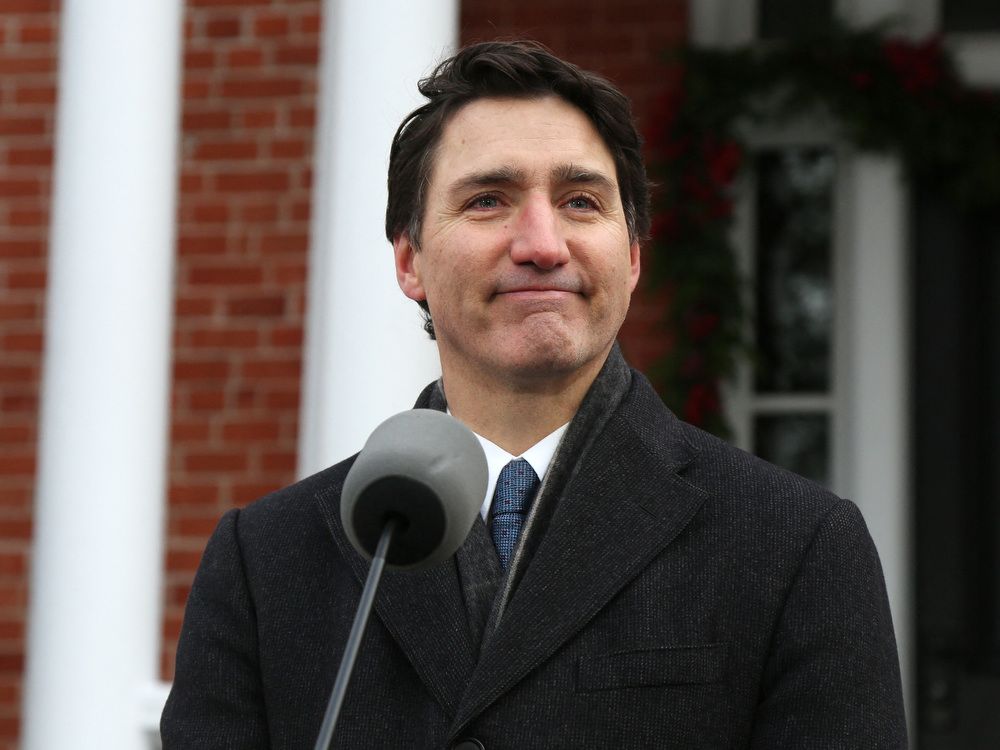

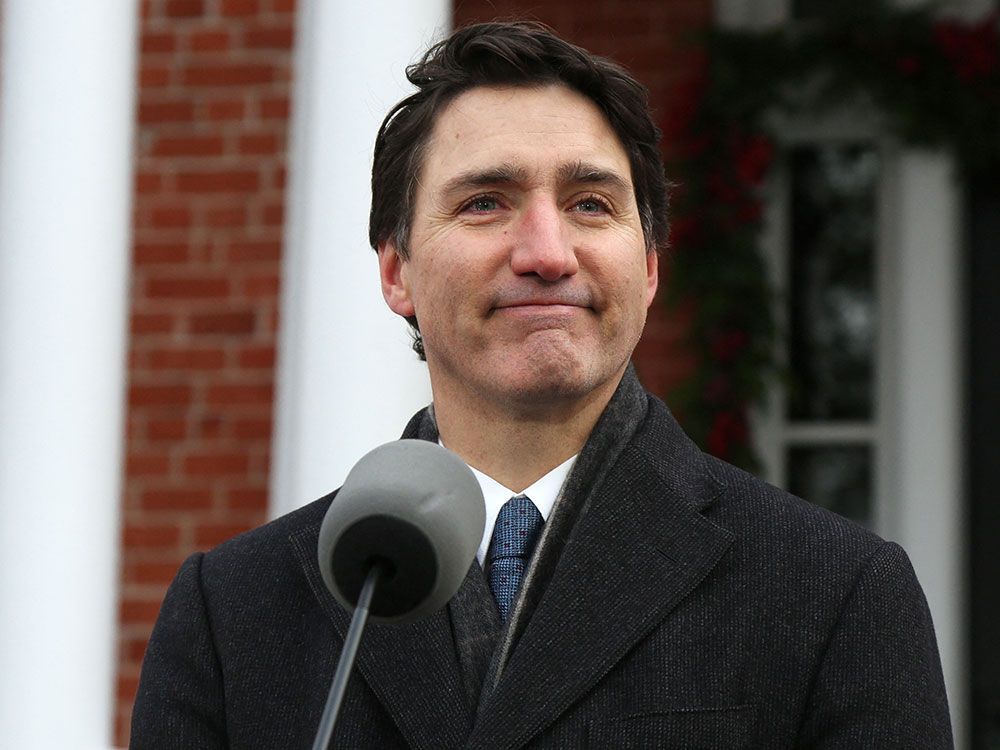

























 Bengali (BD) ·
Bengali (BD) ·  English (US) ·
English (US) ·